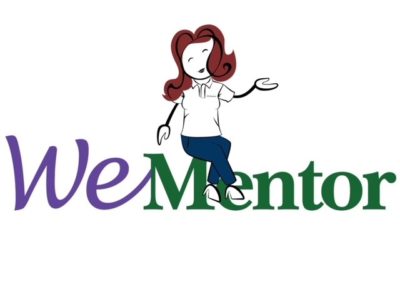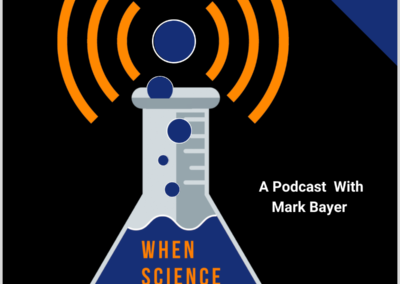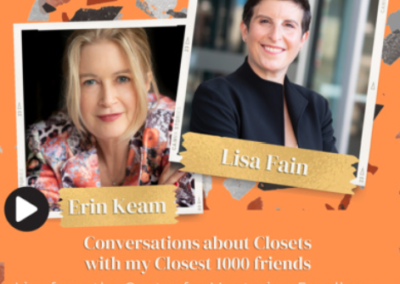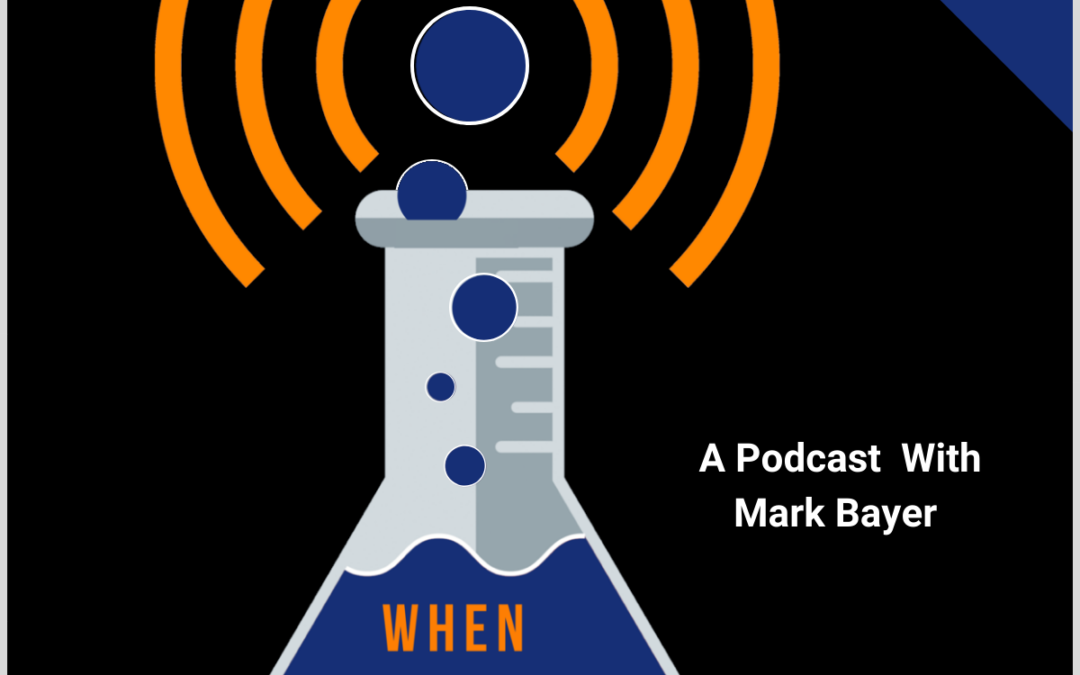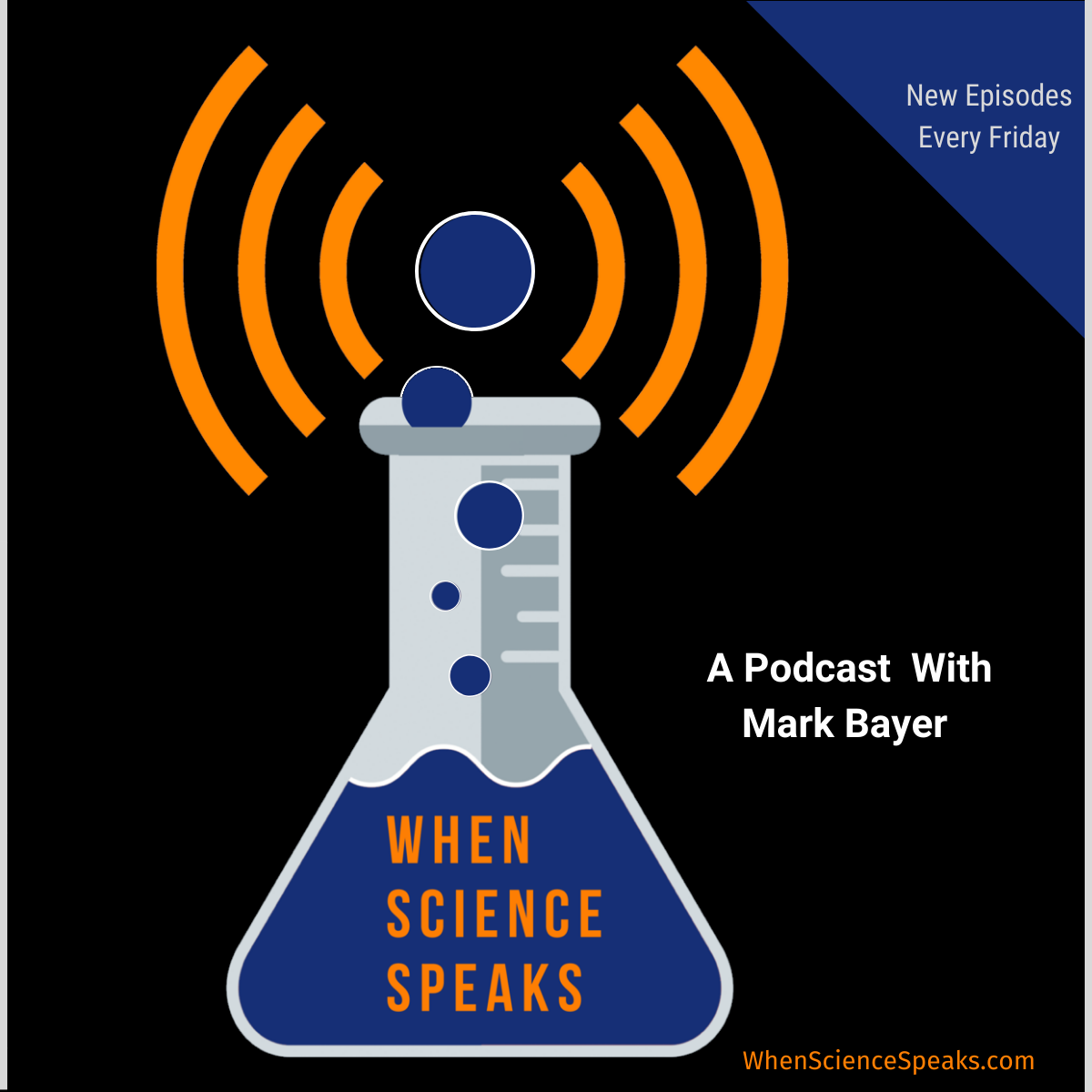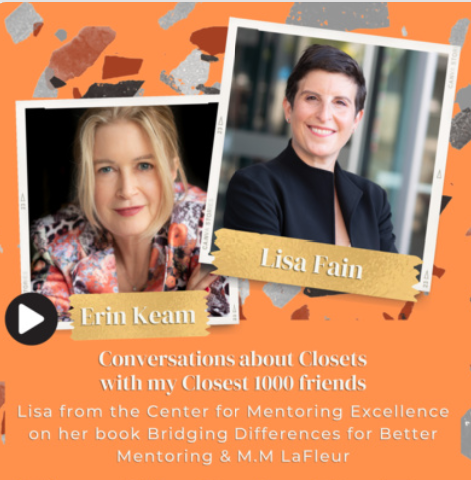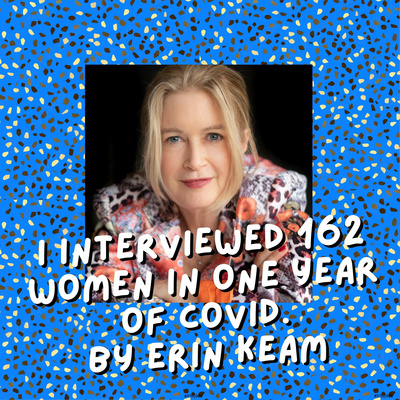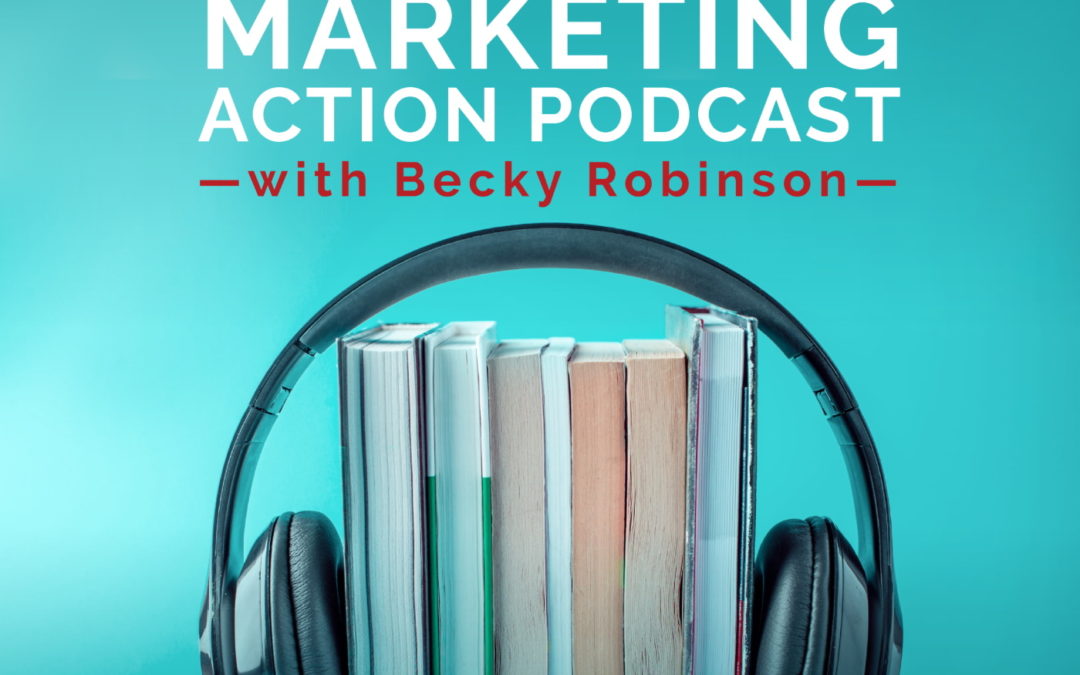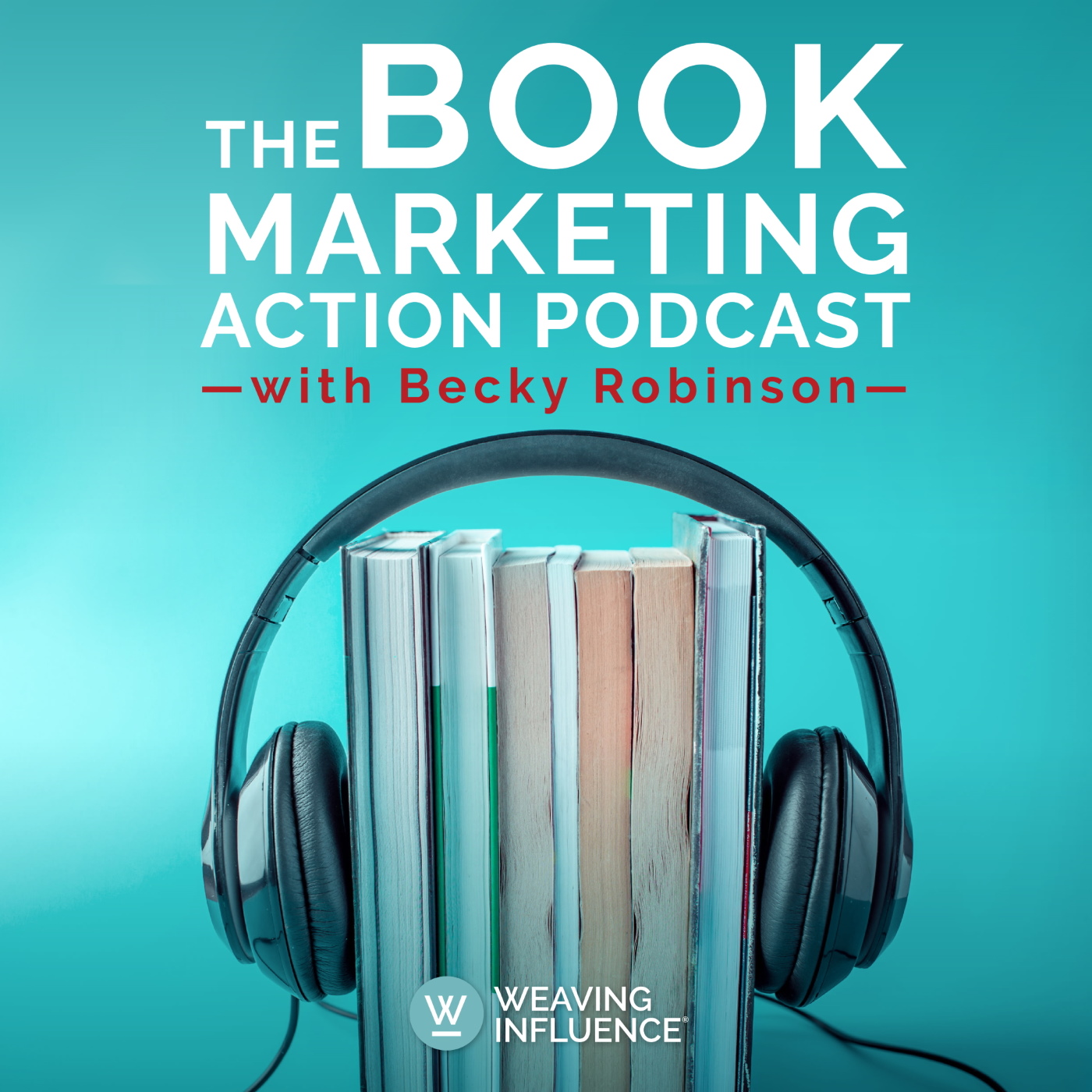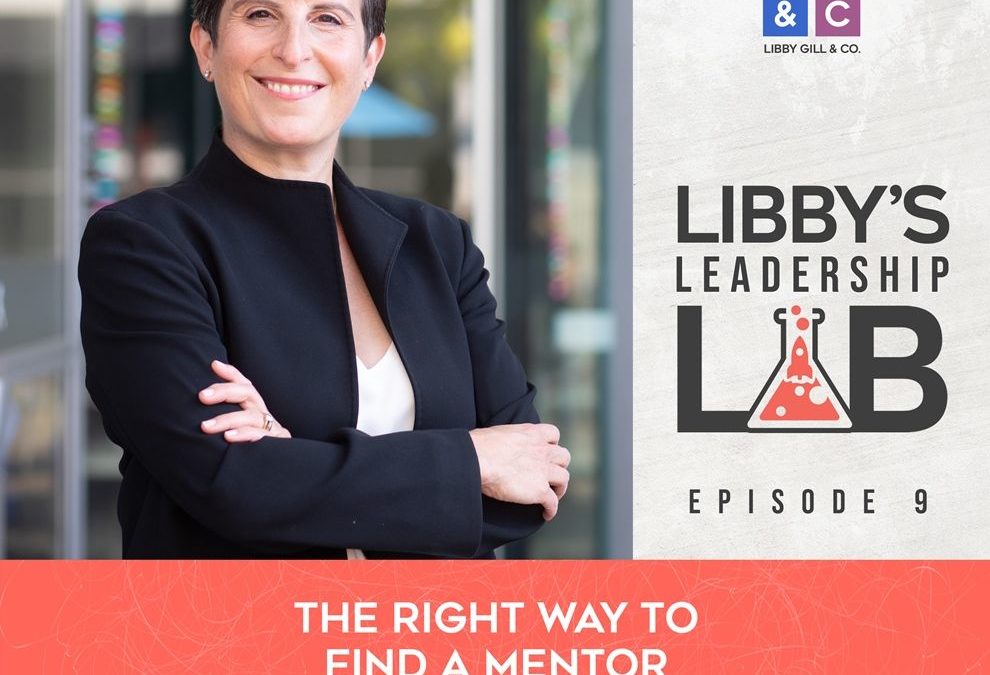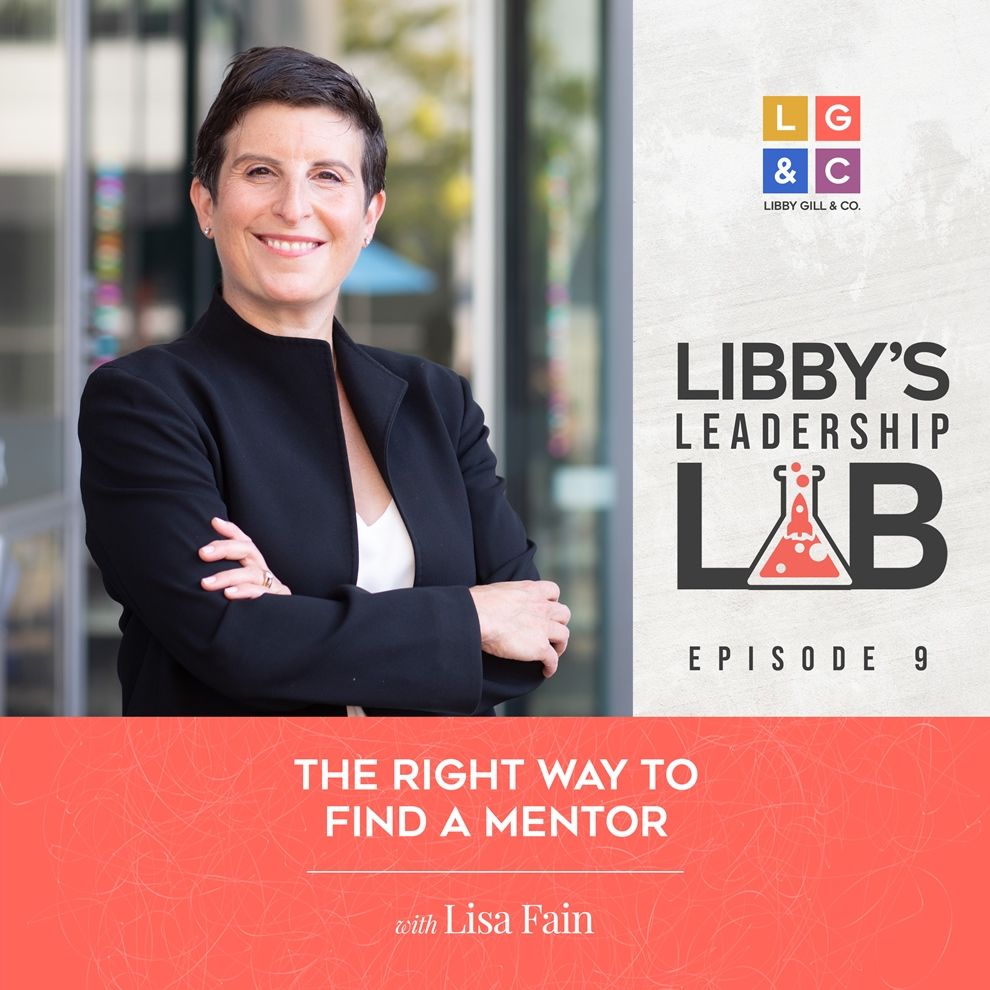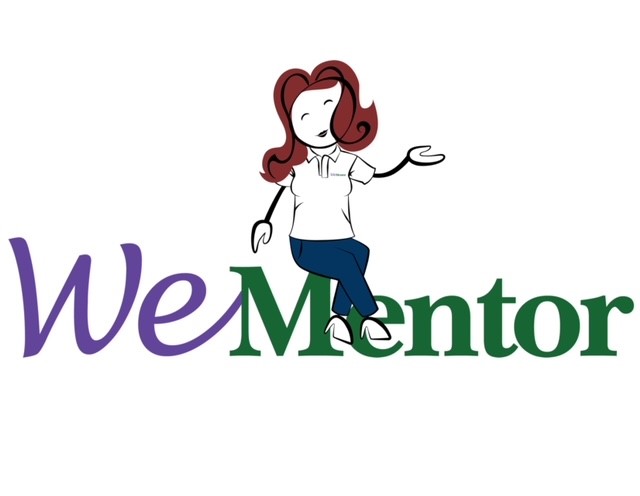
A Rare Look Inside a Mother and Daughter’s Transition of Ownership (WeMentor Podcast | November 2021)
PODCAST
A Rare Look Inside a Mother and Daughter’s Transition of Ownership (WeMentor Podcast | November 2021)
How many family businesses have painful transitions of ownership from one generation to the next? Most, and many don’t want to talk about it afterward. Of these family businesses, how many consist of mothers transferring ownership of their business to their daughters?
Today you will get a rare glimpse inside a mother and daughter’s transition of ownership. An indication that women founders are building valuable company legacies to pass on. A new trend worth multiplying.
Guest Mentors Dr. Lois Zachary and Lisa Fain describe what worked for them in passing the baton from mother to daughter. Lisa became CEO at the Center for Mentoring Excellence in 2018. The transition began four years before the official ownership handoff.
They are mentors who practice what they preach. Three things they were deliberate about were their purpose, identifying a process, and developing a plan. A coach worked with both of them and didn’t shy away from asking Dr. Zachary tough questions to help her psychologically and emotionally let go. Writing an operational manual provided Dr. Zachary a path to transfer knowledge and decades’ worth of documents, research, client information, etc., preparing Lisa to take over. Dr. Zacharay said Lisa has brought freshness, curiosity, and inclusiveness into their mentoring work, especially essential now. Their formula worked, and I am grateful they want to share it with us.

